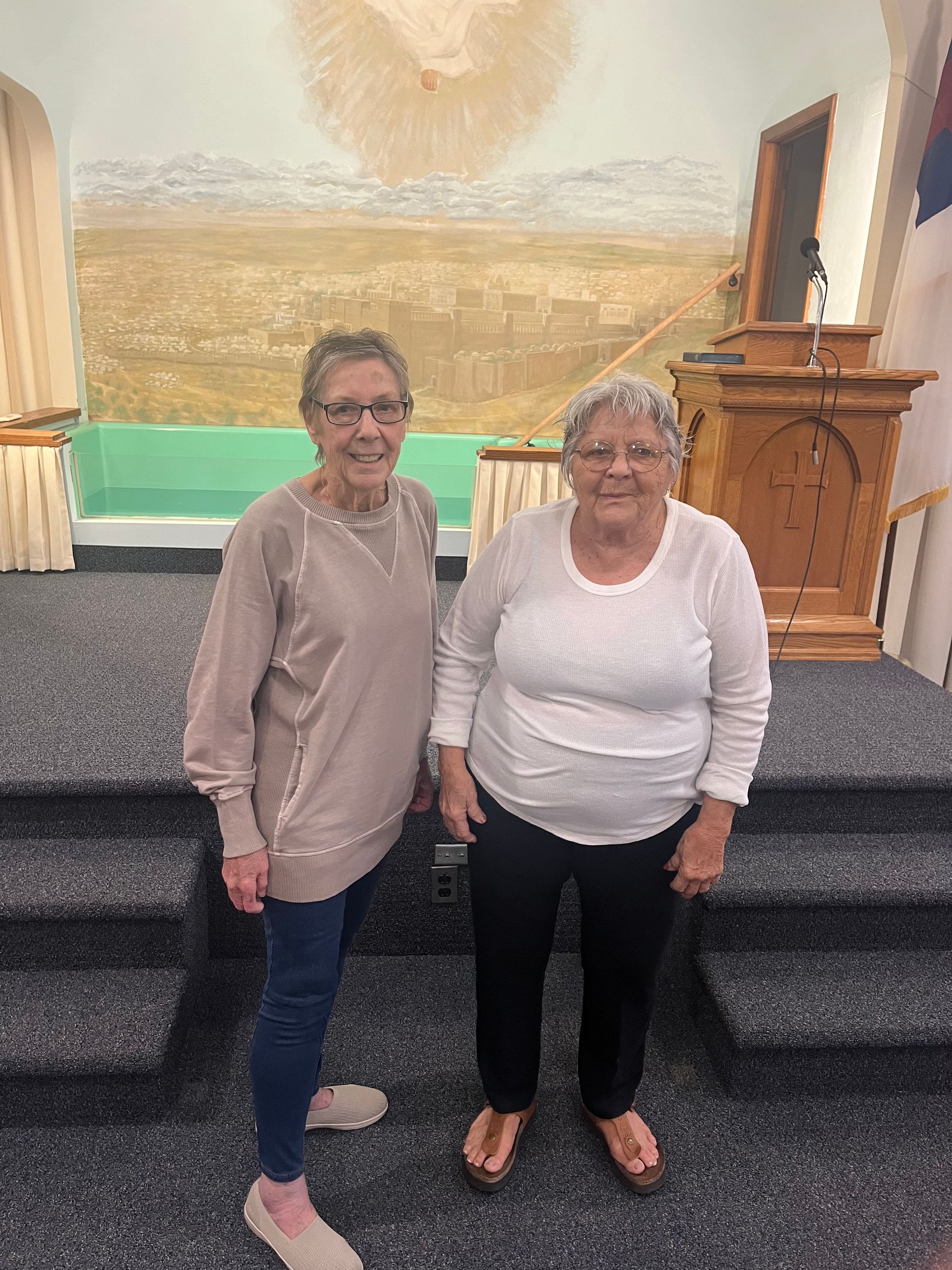Prophetic Preaching and the Fourth of July
As we celebrate the 248th anniversary of the Declaration of Independence and approach its 250th, Brethren might contemplate how their faith intersects with public moments and issues. Having just read Timothy Wesley’s The Politics of Faith during the Civil War, I am especially curious about prophetic preaching on current events. When is it appropriate to speak about worldly conflicts from the pulpit? How much politics do we want during worship?
Wesley describes three typologies of political preaching during the Civil War, and his categories still work today. Two are obvious, but the third reflects nuance.
According to Wesley, one approach to prophetic sermons is never to do them. These preachers believed that the two kingdoms work best when kept separate—Wesley calls them “separate spheres”—and intermingling them corrupts religion and endangers salvation. Most early Brethren sermons embodied this outlook.
Other preachers considered politics or social problems and religion as “separate components” of one belief system. The two are one. These ministers believed that the application of religion to the world and its flaws is essential to a faithful life. During the Civil War, the Brethren roundly condemned secession, and subsequent generations became quite specific about certain causes, especially temperance and evolution.
In the middle of these two types lies a subtle blend that preaches about social problems generally but not specifically. These preachers establish fundamental concepts and then let their auditors apply them to life. During the Civil War era, for example, some Protestant clergy condemned cruel enslavers but did not advocate a code to regulate them. Antebellum Brethren denounced slavery and barred enslaving members but were silent on many specifics, such as fugitive slaves, popular sovereignty, and Bleeding Kansas.
Wesley’s three Civil War types survive today. Some preachers avoid politics and social problems altogether, focusing on repentance and conversion or personal pain felt by congregants, whether single moms, indebted millennials, mourners of loved ones, or those suffering mental health issues.
Others jump into worldly issues. I once attended a progressive Mennonite service that passionately apologized for the historic injustice suffered by Indigenous People in their area. On the other side of the political coin, Tim Alberta’s recent book, The Kingdom, The Power, and the Glory: American Evangelicals in an Age of Extremism, has 400-plus pages of conservative evangelicals denouncing a variety of grievances, including COVID vaccine and wokeness, during religious services and events.
Those in the middle preach that God desires certain values, but they sidestep details. Progressives in this category lament climate change but never indicate how those in the pews can do anything about it.
Each approach has weaknesses. Those who refuse to comment on politics come off as uncaring about great moral issues and as mute in the face of gross injustice. I once sat in a Sunday School class in which a beloved retired preacher reminisced about his career. We asked him what he said about civil rights during the Sixties. His answer: nothing. It was embarrassing.
Those who freely politicize their pulpits risk becoming preoccupied with the world. A little distance between the two kingdoms usually works best for our spiritual lives.
Those who tip-toe around practical steps leave worshippers feeling righteous for denouncing a problem without seriously engaging it. Brethren have always cherished actions over theology and believed in evaluating faith by the fruit it bears.
As so often in our spiritual lives, balance works best. For everything there is a season. There is a time to address personal hurt, a time to prophesy against social ills; a time to nurture, a time to challenge; a time to plant a seed, a time to help Brethren put fruit on their vines.
On this July 4th, may Brethren pastors provide appropriate guidance for us laity in these difficult times.
Steve Longenecker is Professor of History, emeritus, at Bridgewater College (VA).










